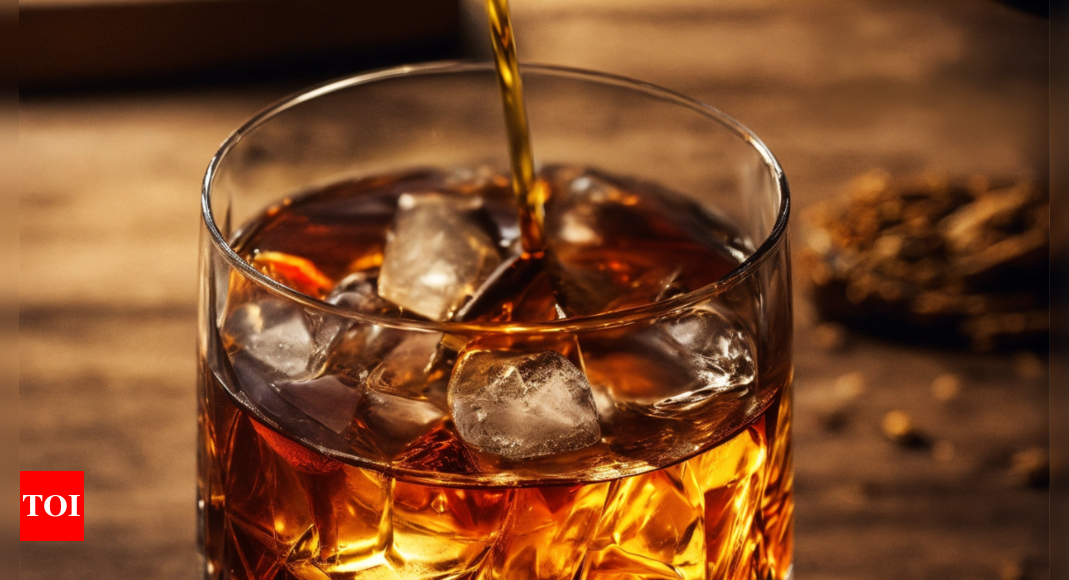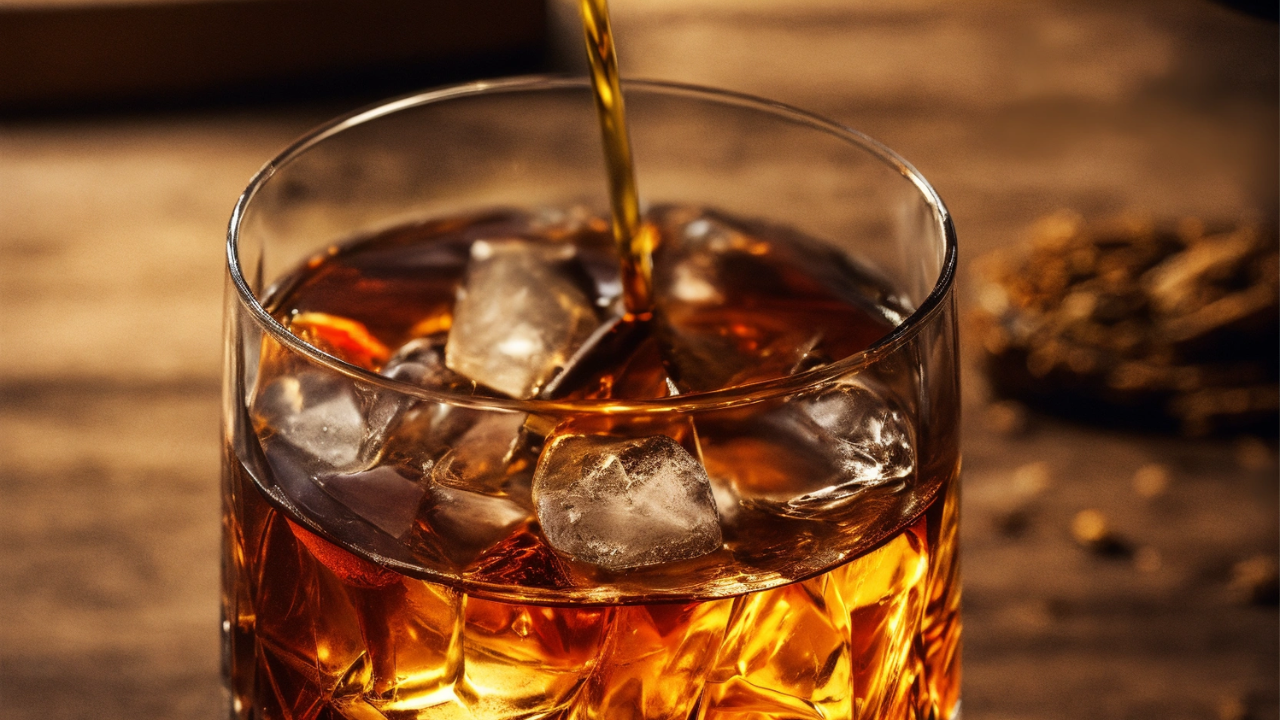[ad_1]
NEW DELHI: Uttar Pradesh and West Bengal, governed by bitter political rivals BJP and TMC, displayed spectacular bonhomie in the Supreme Court on Wednesday when it came to controlling the revenue-rich liquor industry and pleaded for ousting central govt’s role by arguing that when all kinds of alcohols are intoxicating liquor, constitutionally states alone would have jurisdiction over it.
“Intoxicating liquor means every kind of alcohol, whether for human consumption or industrial use. Universal regulating provision for liquor is Entry 8 of List II. When an exhaustive entry constitutionally puts the subject under state legislature’s purview, Centre cannot through an exception under Entry 52 of List II denude the overarching control vested in states over liquor industry,” argued senior advocate Arvind Datar, who along with Dinesh Dwivedi appeared for UP.
West Bengal through senior advocate Jaideep Gupta told a bench of CJI D Y Chandrachud and Justices Hrishikesh Roy, A S Oka, B V Nagarathna, J B Pardiwala, Manoj Misra, Ujjal Bhuyan, S C Sharma and A G Masih that the only issue before the SC is who – Centre or state – should have control over denatured spirits (industrial alcohol).
He said, “Most processes for manufacture of denatured spirits is the same as potable alcohol, over which states have exclusive control under Entry 8 of List II. Up to extra neutral alcohol (ENA), the process is the same. If states decide at that stage that no raw material would be diverted for industrial alcohol manufacture, then ENA would be used only for potable liquor.”
West Bengal adopted the chart on manufacturing process for potable liquor and industrial alcohol, which was placed on record of the court by Datar on behalf of UP.
However, attorney general R Venkataramani and solicitor general Tushar Mehta said Centre would on Thursday argue that Entry 8, List II, is confined only to potable liquor.
The bonhomie between states, irrespective of their political rivalry, was ruptured by Left-governed Kerala, which through senior advocate V Giri surprised the bench by arguing that the southern state is interested in getting exclusive control only over potable liquor and not industrial alcohol.
“We have nothing to do with denatured spirits,” declared Kerala, prompting the bench to put theoretical questions about its stand being incongruous to the pleadings of UP and WB. Giri said, “I adopt the stand of UP, except that Kerala does not lay claim to control and regulate denatured spirits.”
In a lighter vein, Justice Oka said, “Arguments of Dwivedi and Datar (for UP govt) are not intoxicating for Giri.” Justice Roy joined in and said, “According to Kerala, Entry 8 (List II) kicks in only when the drinks give a kick.” The arguments will continue on Thursday.
“Intoxicating liquor means every kind of alcohol, whether for human consumption or industrial use. Universal regulating provision for liquor is Entry 8 of List II. When an exhaustive entry constitutionally puts the subject under state legislature’s purview, Centre cannot through an exception under Entry 52 of List II denude the overarching control vested in states over liquor industry,” argued senior advocate Arvind Datar, who along with Dinesh Dwivedi appeared for UP.
West Bengal through senior advocate Jaideep Gupta told a bench of CJI D Y Chandrachud and Justices Hrishikesh Roy, A S Oka, B V Nagarathna, J B Pardiwala, Manoj Misra, Ujjal Bhuyan, S C Sharma and A G Masih that the only issue before the SC is who – Centre or state – should have control over denatured spirits (industrial alcohol).
He said, “Most processes for manufacture of denatured spirits is the same as potable alcohol, over which states have exclusive control under Entry 8 of List II. Up to extra neutral alcohol (ENA), the process is the same. If states decide at that stage that no raw material would be diverted for industrial alcohol manufacture, then ENA would be used only for potable liquor.”
West Bengal adopted the chart on manufacturing process for potable liquor and industrial alcohol, which was placed on record of the court by Datar on behalf of UP.
However, attorney general R Venkataramani and solicitor general Tushar Mehta said Centre would on Thursday argue that Entry 8, List II, is confined only to potable liquor.
The bonhomie between states, irrespective of their political rivalry, was ruptured by Left-governed Kerala, which through senior advocate V Giri surprised the bench by arguing that the southern state is interested in getting exclusive control only over potable liquor and not industrial alcohol.
“We have nothing to do with denatured spirits,” declared Kerala, prompting the bench to put theoretical questions about its stand being incongruous to the pleadings of UP and WB. Giri said, “I adopt the stand of UP, except that Kerala does not lay claim to control and regulate denatured spirits.”
In a lighter vein, Justice Oka said, “Arguments of Dwivedi and Datar (for UP govt) are not intoxicating for Giri.” Justice Roy joined in and said, “According to Kerala, Entry 8 (List II) kicks in only when the drinks give a kick.” The arguments will continue on Thursday.
[ad_2]
Source link


